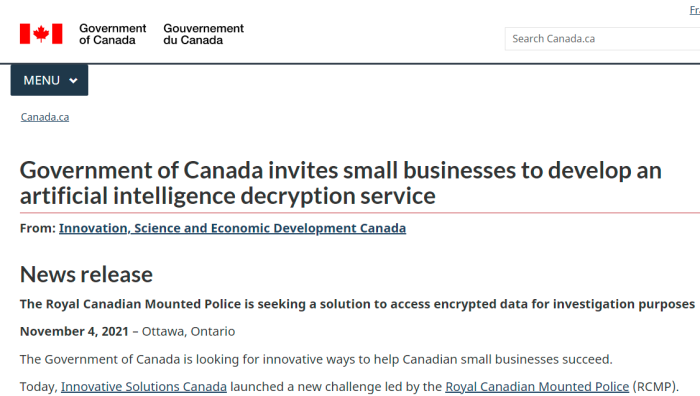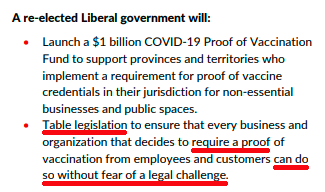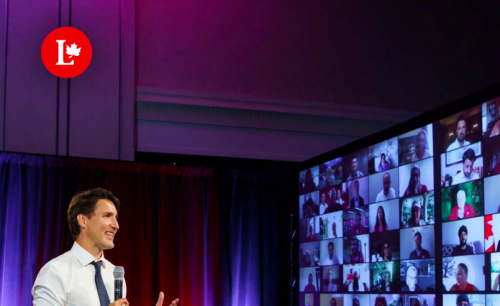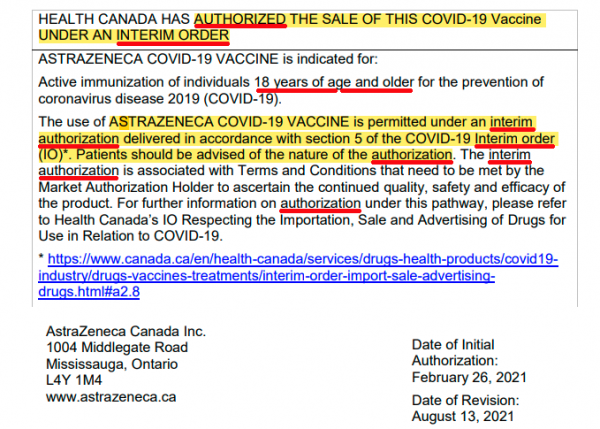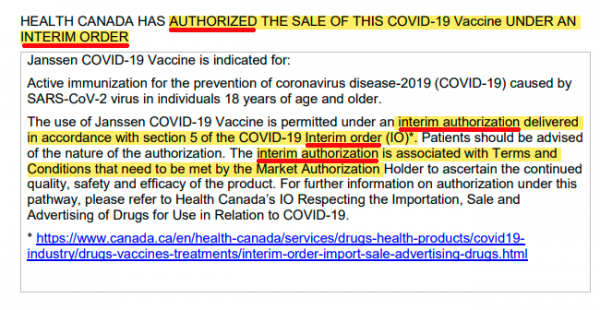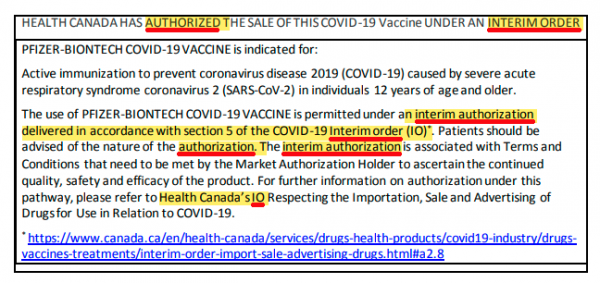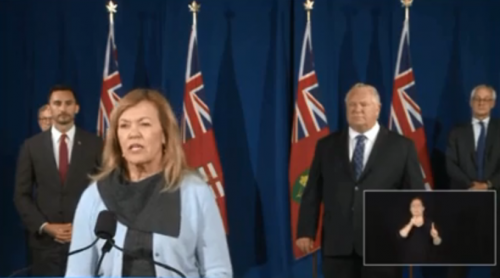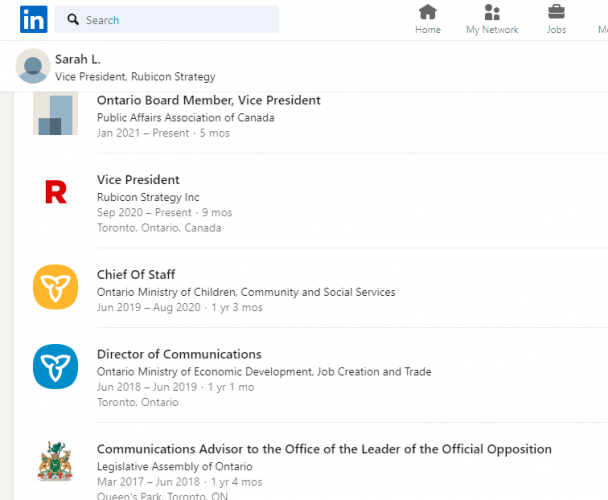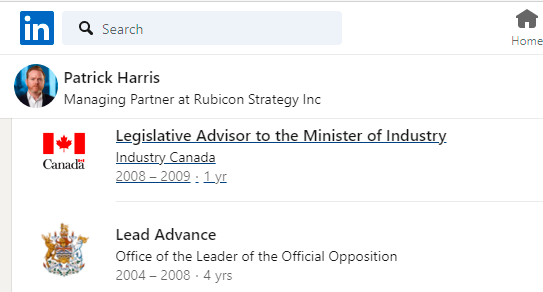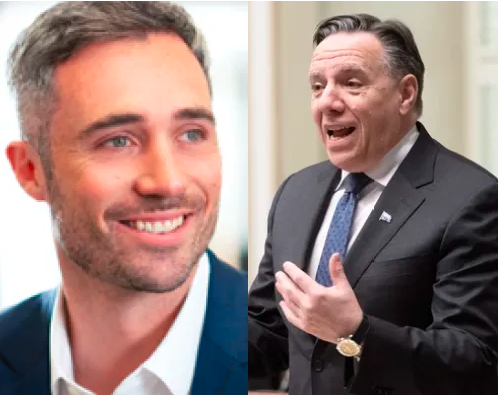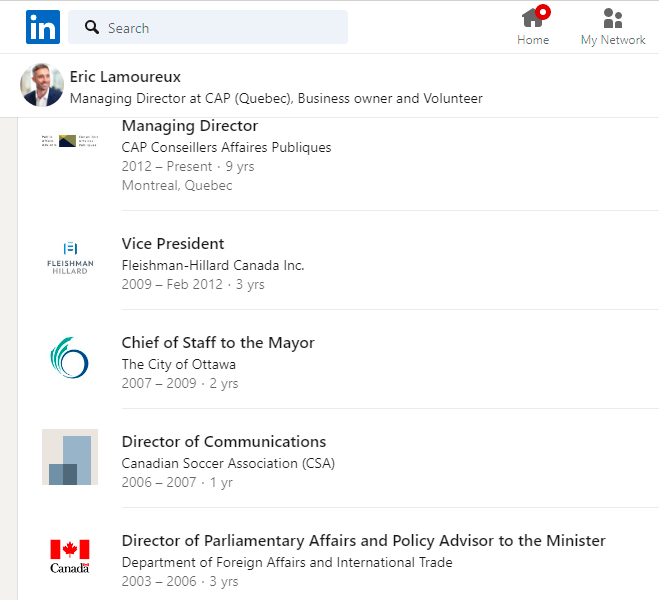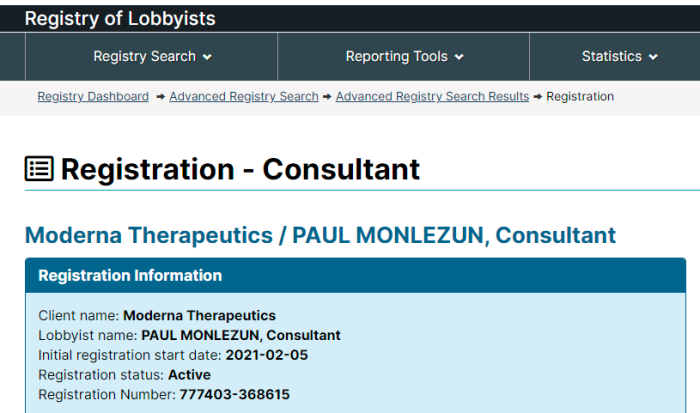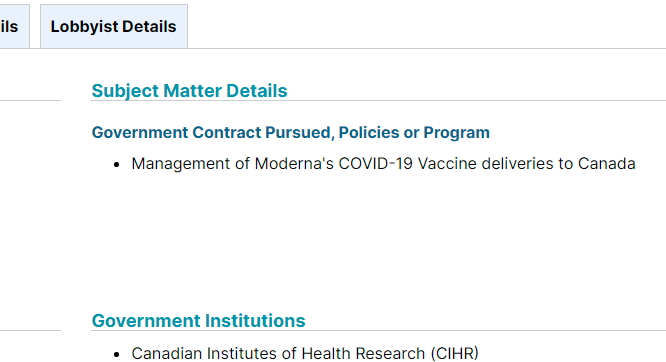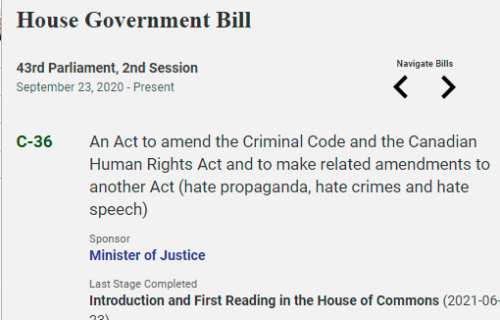
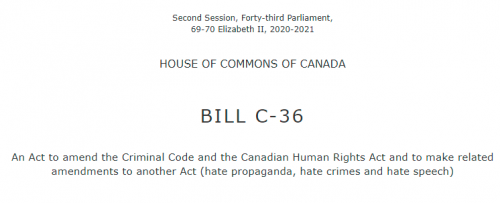
Bill C-36 has been introduced into the House of Commons. It would be fair to describe portions of this as a “red flag” law. People can be subjected to Court restrictions simply based on the suspicion that they may engage in hate speech or hate propaganda.
Welcome to the Pre-Crime Unit, and the Minority Report
Fear of hate propaganda offence or hate crime
810.012 (1) A person may, with the Attorney General’s consent, lay an information before a provincial court judge if the person fears on reasonable grounds that another person will commit
(a) an offence under section 318 or subsection 319(1) or (2);
(b) an offence under subsection 430(4.1); or
(c) an offence motivated by bias, prejudice or hate based on race, national or ethnic origin, language, colour, religion, sex, age, mental or physical disability, sexual orientation, gender identity or expression, or any other similar factor.
Appearances
(2) The provincial court judge who receives an information under subsection (1) may cause the parties to appear before a provincial court judge.
Adjudication
(3) If the provincial court judge before whom the parties appear is satisfied by the evidence adduced that the informant has reasonable grounds for the fear, the judge may order that the defendant enter into a recognizance to keep the peace and be of good behaviour for a period of not more than 12 months.
Duration extended
(4) However, if the provincial court judge is also satisfied that the defendant was convicted previously of any offence referred to in subsection (1), the judge may order that the defendant enter into the recognizance for a period of not more than two years.
Refusal to enter into recognizance
(5) The provincial court judge may commit the defendant to prison for a term of not more than 12 months if the defendant fails or refuses to enter into the recognizance.
Conditions in recognizance
(6) The provincial court judge may add any reasonable conditions to the recognizance that the judge considers desirable to secure the good conduct of the defendant, including conditions that
(a) require the defendant to wear an electronic monitoring device, if the Attorney General makes that request;
(b) require the defendant to return to and remain at their place of residence at specified times;
(c) require the defendant to abstain from the consumption of drugs, except in accordance with a medical prescription, of alcohol or of any other intoxicating substance;
(d) require the defendant to provide, for the purpose of analysis, a sample of a bodily substance prescribed by regulation on the demand of a peace officer, a probation officer or someone designated under paragraph 810.3(2)(a) to make a demand, at the place and time and on the day specified by the person making the demand, if that person has reasonable grounds to believe that the defendant has breached a condition of the recognizance that requires them to abstain from the consumption of drugs, alcohol or any other intoxicating substance;
(e) require the defendant to provide, for the purpose of analysis, a sample of a bodily substance prescribed by regulation at regular intervals that are specified, in a notice in Form 51 served on the defendant, by a probation officer or a person designated under paragraph 810.3(2)(b) to specify them, if a condition of the recognizance requires the defendant to abstain from the consumption of drugs, alcohol or any other intoxicating substance; or
(f) prohibit the defendant from communicating, directly or indirectly, with any person identified in the recognizance, or refrain from going to any place specified in the recognizance, except in accordance with the conditions specified in the recognizance that the judge considers necessary.
Conditions — firearms
(7) The provincial court judge shall consider whether it is desirable, in the interests of the defendant’s safety or that of any other person, to prohibit the defendant from possessing any firearm, cross-bow, prohibited weapon, restricted weapon, prohibited device, ammunition, prohibited ammunition or explosive substance, or all of those things. If the judge decides that it is desirable to do so, the judge shall add that condition to the recognizance and specify the period during which it applies.
Surrender, etc.
(8) If the provincial court judge adds a condition described in subsection (7) to a recognizance, the judge shall specify in the recognizance how the things referred to in that subsection that are in the defendant’s possession shall be surrendered, disposed of, detained, stored or dealt with and how the authorizations, licences and registration certificates that are held by the defendant shall be surrendered.
Reasons
(9) If the provincial court judge does not add a condition described in subsection (7) to a recognizance, the judge shall include in the record a statement of the reasons for not adding it.
Variance of conditions
(10) A provincial court judge may, on application of the informant, the Attorney General or the defendant, vary the conditions fixed in the recognizance.
Other provisions to apply
(11) Subsections 810(4) and (5) apply, with any modifications that the circumstances require, to recognizances made under this section.
-A person can be ordered to appear before a Provincial Court
-A Judge can order a person to enter into a Recognizance for 12 months
-That Recognizance can last for 24 months if there is a prior conviction
-A person can be jailed for 12 months for refusing a Recognizance
-A person can be ordered to wear an electronic monitoring device
-A person can be subjected to a curfew
-A person can be ordered to abstain from alcohol
-A person can be subjected to drug/alcohol testing
-That drug/testing can be ordered at regular intervals
-A person can be subjected to a no contact order (of 3rd parties)
-A person can be prohibited from going to certain places
-A person may be subjected to other conditions
Keep in mind, all of these conditions can be imposed, simply because of the SUSPICION that a hate crime will be committed, or hate propaganda will be distributed.
Not only is the Canadian Criminal Code to be amended, but the Canadian Human Rights Code will be as well, to implement fines and cessation orders. There doesn’t seem to be real standard for what counts as hate speech.
Canadian Human Rights Act
Amendments to the Act
2013, c. 37, s. 1
12 Section 4 of the Canadian Human Rights Act is replaced by the following:
Orders regarding discriminatory practices
4 A discriminatory practice, as described in sections 5 to 14.1, may be the subject of a complaint under Part III and anyone found to be engaging or to have engaged in a discriminatory practice may be made subject to an order as provided for in section 53 or 53.1.
.
13 The Act is amended by adding the following after section 12:
Communication of hate speech
.
13 (1) It is a discriminatory practice to communicate or cause to be communicated hate speech by means of the Internet or other means of telecommunication in a context in which the hate speech is likely to foment detestation or vilification of an individual or group of individuals on the basis of a prohibited ground of discrimination.
Continuous communication
.
(2) For the purposes of subsection (1), a person who communicates or causes to be communicated hate speech continues to do so for as long as the hate speech remains public and the person can remove or block access to it.
Complaint substantiated — section 13
53.1 If at the conclusion of an inquiry the member or panel conducting the inquiry finds that a complaint relating to a discriminatory practice described in section 13 is substantiated, the member or panel may make one or more of only the following orders against the person found to be engaging or to have engaged in the discriminatory practice:
(a) an order to cease the discriminatory practice and take measures, in consultation with the Commission on the general purposes of the measures, to redress the practice or to prevent the same or a similar practice from recurring;
(b) an order to pay compensation of not more than $20,000 to any victim personally identified in the communication that constituted the discriminatory practice, for any pain and suffering that the victim experienced as a result of that discriminatory practice, so long as that person created or developed, in whole or in part, the hate speech indicated in the complaint;
(c) an order to pay a penalty of not more than $50,000 to the Receiver General if the member or panel considers it appropriate having regard to the nature, circumstances, extent and gravity of the discriminatory practice, the wilfulness or intent of the person who is engaging or has engaged in the discriminatory practice, any prior discriminatory practices that the person has engaged in and the person’s ability to pay the penalty.
Award of costs
53.2 A member or panel conducting an inquiry into a complaint filed on the basis of section 13 may award costs for abuse of process in relation to the inquiry.
According to the revisions in the Act, “hate speech” will be ongoing as long as the material is available publicly, and could be removed. A person can also be ordered to be $20,000 to each victim, and $50,000 to the panel itself.
Problem with all of this, “hate speech” is disturbingly vague. It could be applied subjectively, depending on the politics of the parties involved.
(1) https://www.parl.ca/LegisInfo/BillDetails.aspx?Language=E&billId=11452710
(2) https://parl.ca/DocumentViewer/en/43-2/bill/C-36/first-reading
(3) https://laws-lois.justice.gc.ca/eng/acts/C-46/page-69.html#docCont
(4) https://laws-lois.justice.gc.ca/eng/acts/C-46/page-91.html#h-122977
Like this:
Like Loading...
